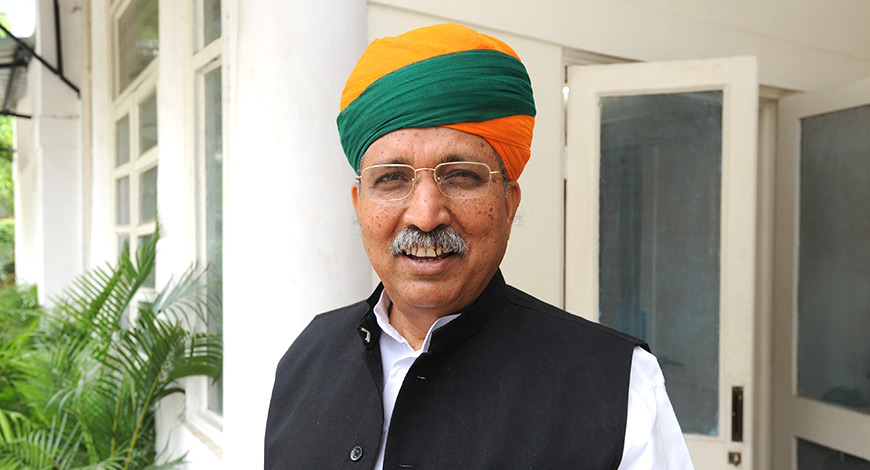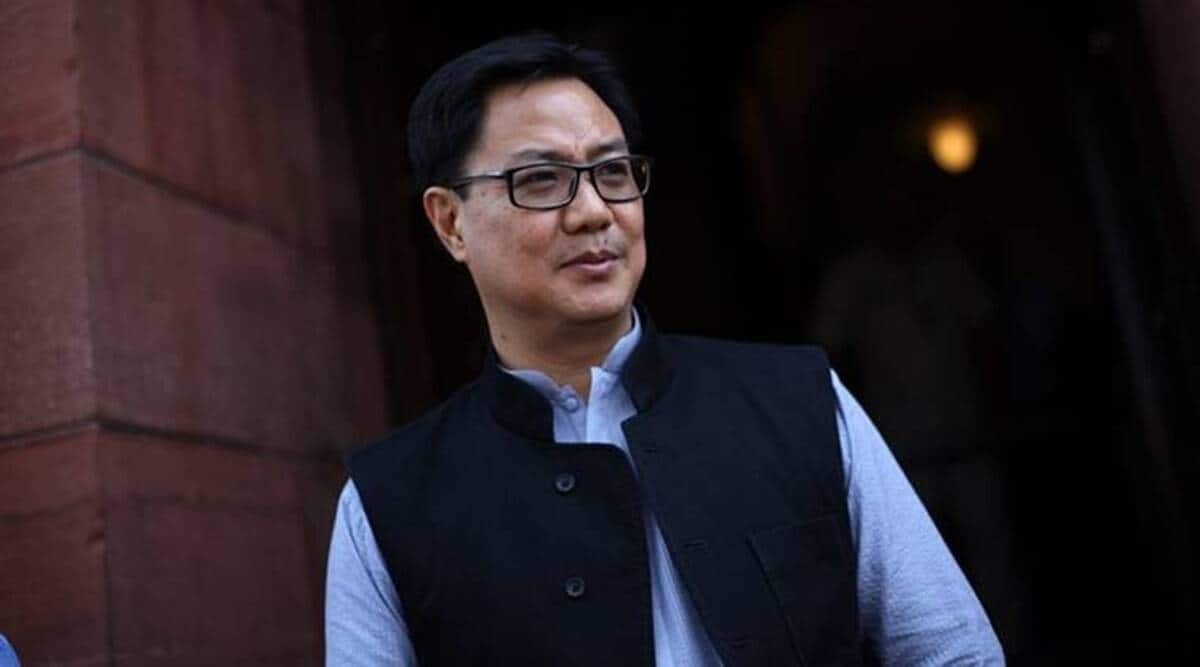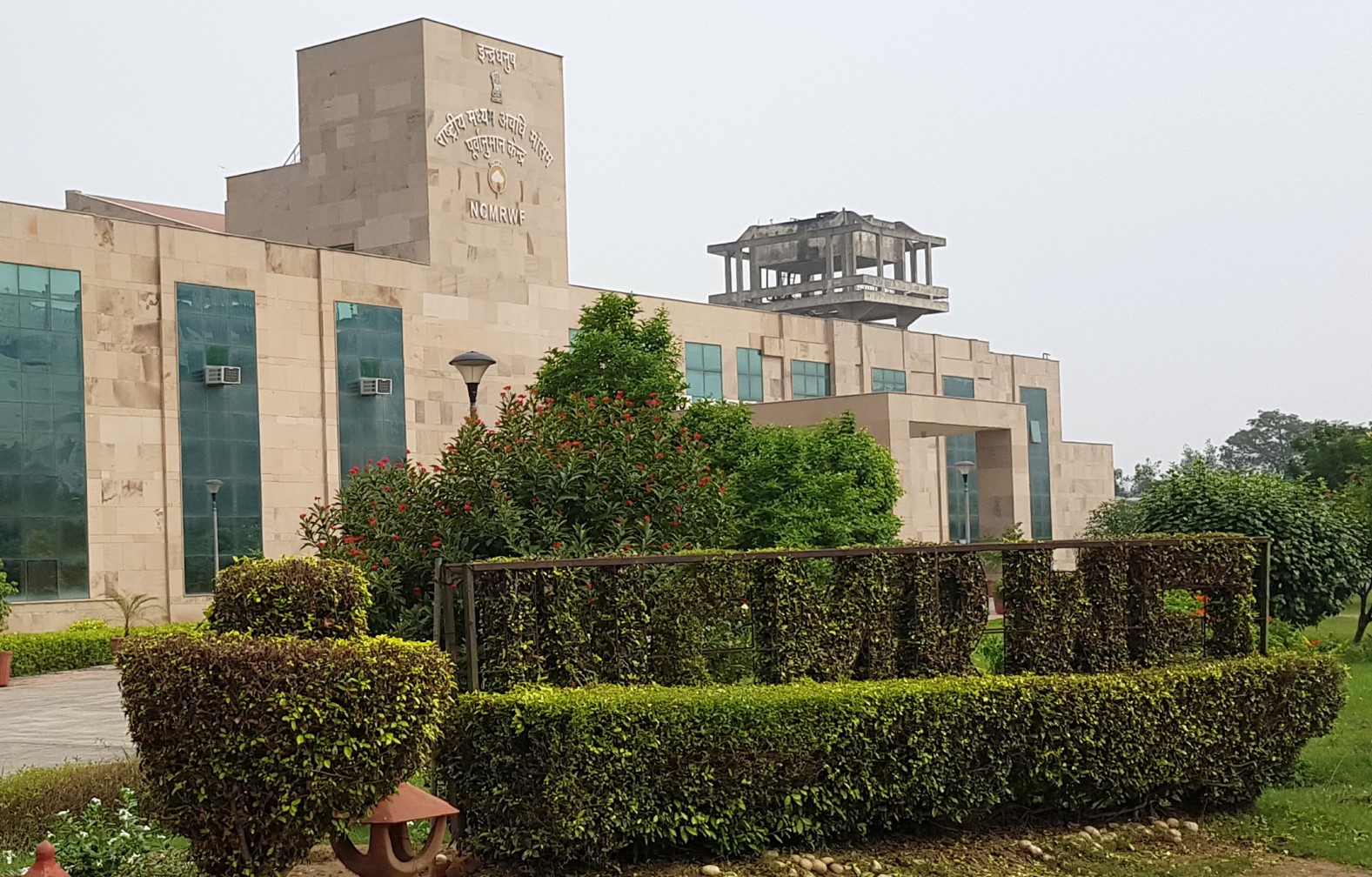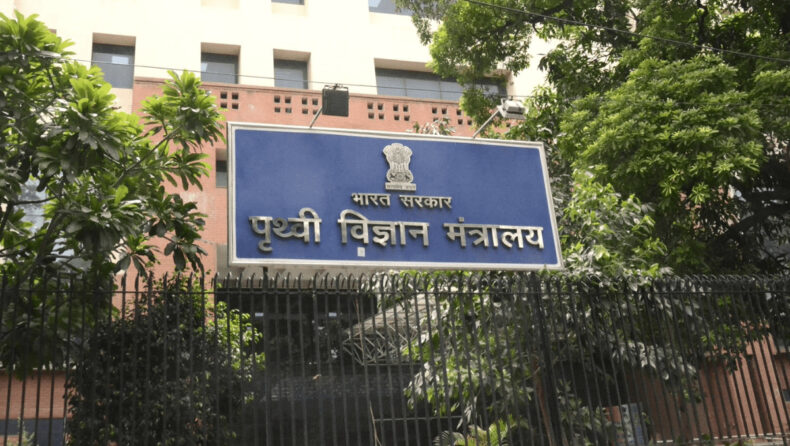The Ministry of Earth Sciences (MoES) will be led by an official who is not also in charge of the Ministry of Science and Technology for the first time since it was established as a separate ministry in 2006.
On Thursday, Kiren Rijiju was given responsibility for the Ministry of Earth Sciences (MoES), while Jitendra Singh would keep independent control of the Ministry of Science and Technology. Today, Rijiju will take over the ministry.
This is in light of Rijiju’s recent dismissal from the Law Ministry; Arjun Ram Meghwal is now in charge.
New Allocation of Ministry Portfolios
According to a statement released by the Rashtrapati Bhavan, President Droupadi Murmu reassigned portfolios among ministers in the Union Council of Ministers on the advice of Prime Minister Narendra Modi.
Arjun Ram Meghwal, Minister of State in charge of Parliamentary Affairs, has taken Kiren Rijiju’s post as Union Minister and will now be in Charge of the Law Ministry on his own. For the first time in recent memory, the law minister does not hold a position in the cabinet. Rijiju has been given the responsibility of leading the Ministry of Earth Sciences, which was formerly under the leadership of Union Minister Jitendra Singh.

Harsh Vardhan held the ministry under the Modi administration in addition to Singh. In both instances, Singh and Vardhan also held the Ministry of Science and Technology and the MoES.
Rijiju expressed gratitude to the whole judiciary, particularly Chief Justice of India DY Chandrachud, for their “huge support” and said it was an honour to hold the position of Union Minister of Law and Justice.
On Twitter, Rijiju further added that he was looking forward to working in the Earth Sciences Ministry under Prime Minister Narendra Modi’s direction.
Rijjiju’s Removal from the Law Ministry
Though neither the government nor the BJP have commented, it is widely believed that Rijiju’s criticism of the judiciary, particularly with regard to the process for choosing judges for the Supreme Court and High Court, did not sit well with the public. He had previously criticised the collegium method of appointments to the higher judiciary as being “alien” to the Constitution and even charged a few retired judges with being members of the “anti-India gang” on several occasions.

The remarks made by leaders of other parties reflect this viewpoint. Priyanka Chaturvedi, the leader of the Shiv Sena, called it an “unceremonious change”. She criticised his ongoing judicial criticism. Rijiju was removed from office, according to Congressman Manickam Tagore, because the “central government now wants to avoid the confrontation” between the executive and the judiciary.
The situation worsened when he called the appointment process an “uncle-judge syndrome” and strongly objected to the Supreme Court collegium’s decision to make reports from the Intelligence Bureau and Research and Analysis Wing public in connection with judicial appointments.
Rijiju angered the Supreme Court in November with his rant on the “delay” in judicial appointments. The Supreme Court has questioned whether its decision to abolish the National Judicial Nominations Commission was the reason for the delay in approving nominations to the higher judiciary.
The Function of the Ministry of Earth Sciences
The government’s ambitious Deep Ocean Mission, which aims to investigate resources in the deep ocean and create deep-sea technology for the sustainable use of ocean resources, is led by the MoES.
The ministry was established in 2006 with the responsibility of offering services for weather, climate, oceans, hydrology, seismology, and natural hazards. It is also intended to study the three crucial regions of the planet Earth—the Arctic, Antarctic, and Himalayas—and to exploit marine living and nonliving resources for the benefit of the nation.
The MoES oversees organisations including the National Centre for Medium Range Weather Forecasting (NCMRWF), Noida, the Indian Institute of Tropical Meteorology (IITM), Pune, and the Indian Meteorological Department (IMD), Delhi.

The duties of this ministry were previously carried out by the Department of Ocean Development (DOD), which was established in July 1981 as a division of the Cabinet Secretariat directly under the control of the Prime Minister. In March 1982, it was established as a separate department.












